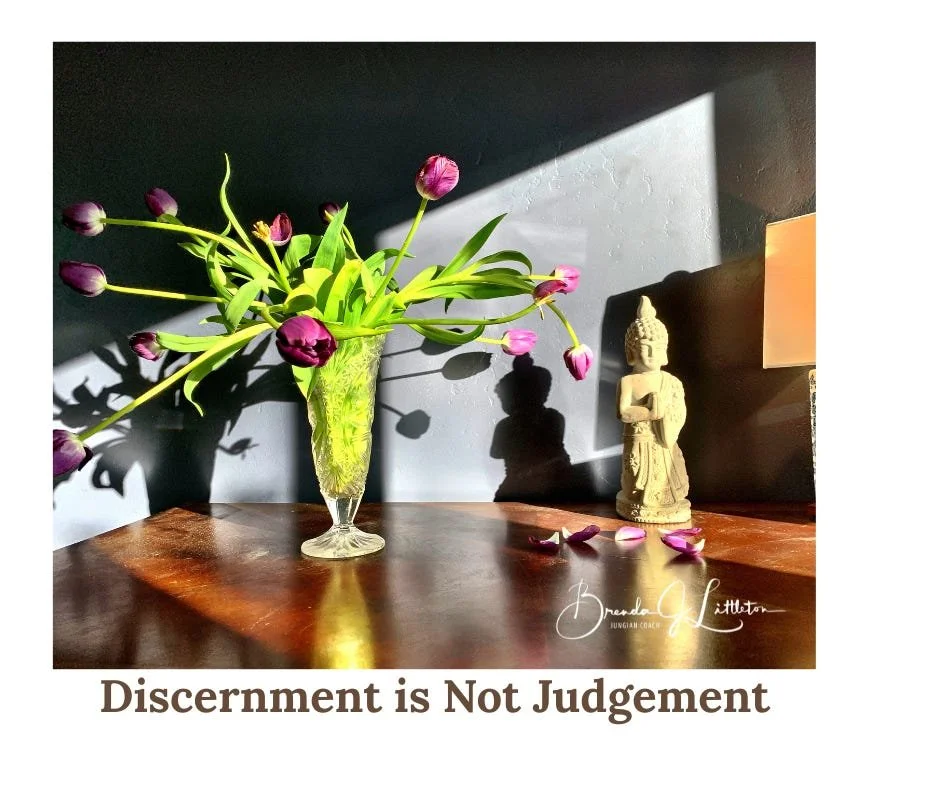Discernment Is Not Judgment
Love and Boundaries Conversation Part Two Excerpt from "Life After a Narcissist."
Original photo by B. Littleton
There is a difference between closing your heart and protecting your spirit.
Discernment helps us pause and evaluate the impact of a relationship. It allows us to ask: Is this connection life-giving or depleting? Do I feel safe and seen, or do I shrink to maintain the relationship?
In many families and faith communities, people are taught to give endlessly, to forgive no matter the cost, to keep the door open even when harm repeats. But discernment is not the same as harsh judgment. It is wisdom informed by lived experience.
As Lysa TerKeurst reminds us, even sacred texts show us that not every person is safe to trust.
“Jesus didn’t entrust Himself to everyone.”
This is not about being cold. It’s about knowing the difference between compassion and self-neglect.
Dr. Thema Bryant offers this reminder:
“You are not required to set yourself on fire to keep others warm.”
This quote speaks directly to the pattern of self-abandonment that so many of us learned early in life—especially in families or systems where care was conditional. When love was earned through compliance, we began to confuse overextending ourselves with being good, lovable, or safe.
But true connection doesn’t require self-sacrifice. It requires presence, mutuality, and choice.
Continuing to meet everyone else's needs at the expense of your own isn't noble. It's unsustainable. And over time, it becomes a quiet betrayal of the self. Boundaries remind us that our well-being matters too.
written by Brenda Littleton
Original photo by B. Littleton
Tin Flea Press c. 2025

